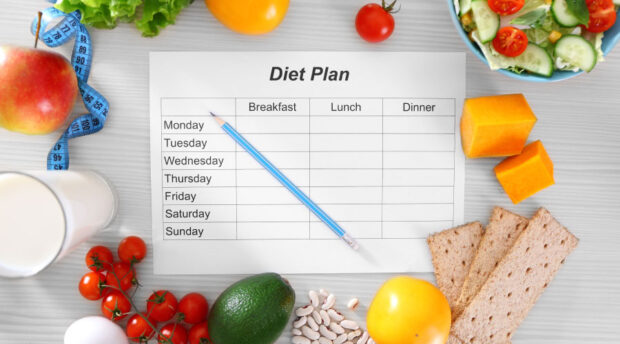It can be hard to keep up with a healthy diet on your own. Between work, social activities, and other commitments, it’s tough to find the time to cook every night or even make breakfast every morning. That’s where meal plans come in handy. Not only do they save you time and hassle, but they can also help you meet your dietary goals. But which meal plan should you choose? And how do you go about creating one?
What to consider when creating a diet plan

The first is your daily caloric intake. You will need to figure out how many calories you need to maintain your current weight and lose weight if you want to achieve your goals. Next, you’ll need to identify which foods are best for providing those calories. This can be done by reviewing the calorie content of foods or by consulting with a nutritionist.
Once you have determined what foods to include in your diet, it’s time to create your meal plan. A good meal plan should include three balanced meals and one snack each day, as well as enough exercise throughout the day. Make sure to account for any special food requirements (such as veganism or gluten-free eating) when creating your meal plan.
How to choose the right foods

It is important to remember that everyone is different. There are no right or wrong foods when it comes to dietary choices, as long as you are eating a variety of nutrient-rich foods and avoiding harmful ones.
Begin by determining what your specific dietary needs are. Are you looking to lose weight? Improve your overall health? Increase energy levels? There are countless factors to consider when constructing a meal plan, so be sure to consult with a registered dietitian if need be. Once you have an idea of what works for you, begin by choosing meals based on the following tips:
1) Plan for breakfast: Start the day off with a nutritious breakfast that will keep you energized all day long. Make sure to include lean protein and healthy carbs along with fruits and vegetables. Try incorporating oatmeal, eggs benedict, or overnight oats into your daily routine.
2) Add in lunchtime snacks: Don’t underestimate the power of snacking! Lunchtime should be reserved for small bites that will help keep you satisfied until dinner time. Opt for healthy options like grilled chicken or fish, nuts and seeds, or fruits and vegetables dipped in hummus or salsa.
3) Chow down at dinner: Dinner is typically the most filling meal of the day, so make sure to include plenty of good-for-you nutrients like whole grains, protein sources (leaner cuts
How to stay on track
One of the most common problems people have when trying to maintain a healthy diet is getting off track. If you’re not careful, it’s easy to fall back into old eating habits and gain weight. Here are three tips to help you stay on track:
Make a plan.
Before you start cooking or eating, write down what you’re going to eat for the day or week. This will help you keep track of what you’ve eaten and make sure that everything goes into your meal plan in moderation.
Stick to your routine

Don’t change up your diet too much each day – this will only lead to confusion and unhealthy eating habits. Follow a set plan and schedule, and you’ll be more likely to stick to it long term.
Reward yourself occasionally.
If following your diet is difficult sometimes, give yourself some small rewards for sticking to it – like taking a walk after dinner instead of watching television). This can help ease any cravings and make sticking with your goals easier
Summary
Starting a new diet can be a daunting task, but it doesn’t have to be. With the help of a customized weekly meal plan, you can make sure that you’re getting all the nutrients your body needs while following your desired eating schedule.



